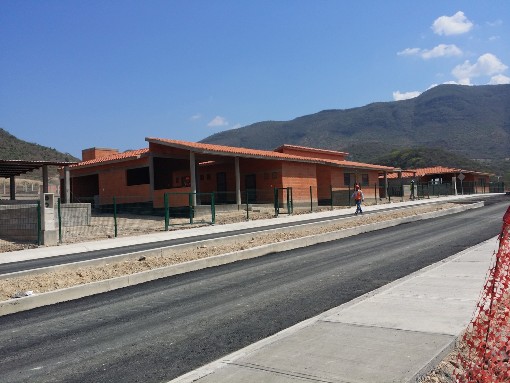A year ago, former billionaire Eike Batista’s iron-ore unit was halting output and battling creditors as prices plunged. Now it’s planning to reemerge with the help of commodities trader Trafigura Beheer BV.
MMX Sudeste Mineracao SA is selling its mining assets to Amsterdam-based Trafigura as part of a restructuring plan approved by creditors representing about 800 million reais ($207 million) in debt, Ricardo Werneck, who heads the parent company MMX Mineracao e Metalicos SA, said in an interview.
The unit also expects to obtain about 70 million reais from the sale of logistics assets and farmlands, allowing creditors to recover about 30 percent of the value of their claims, he said.
“There is no better option; the alternative is the failure of the company,” Werneck, 44, said. “Trafigura is a big part,” of the recovery plan, he said. MMX, which Batista listed in 2006 when the commodities super-cycle was in full swing, stopped operations at its only producing unit in August 2014 as the value of the steelmaking ingredient plunged and debt mounted.
























